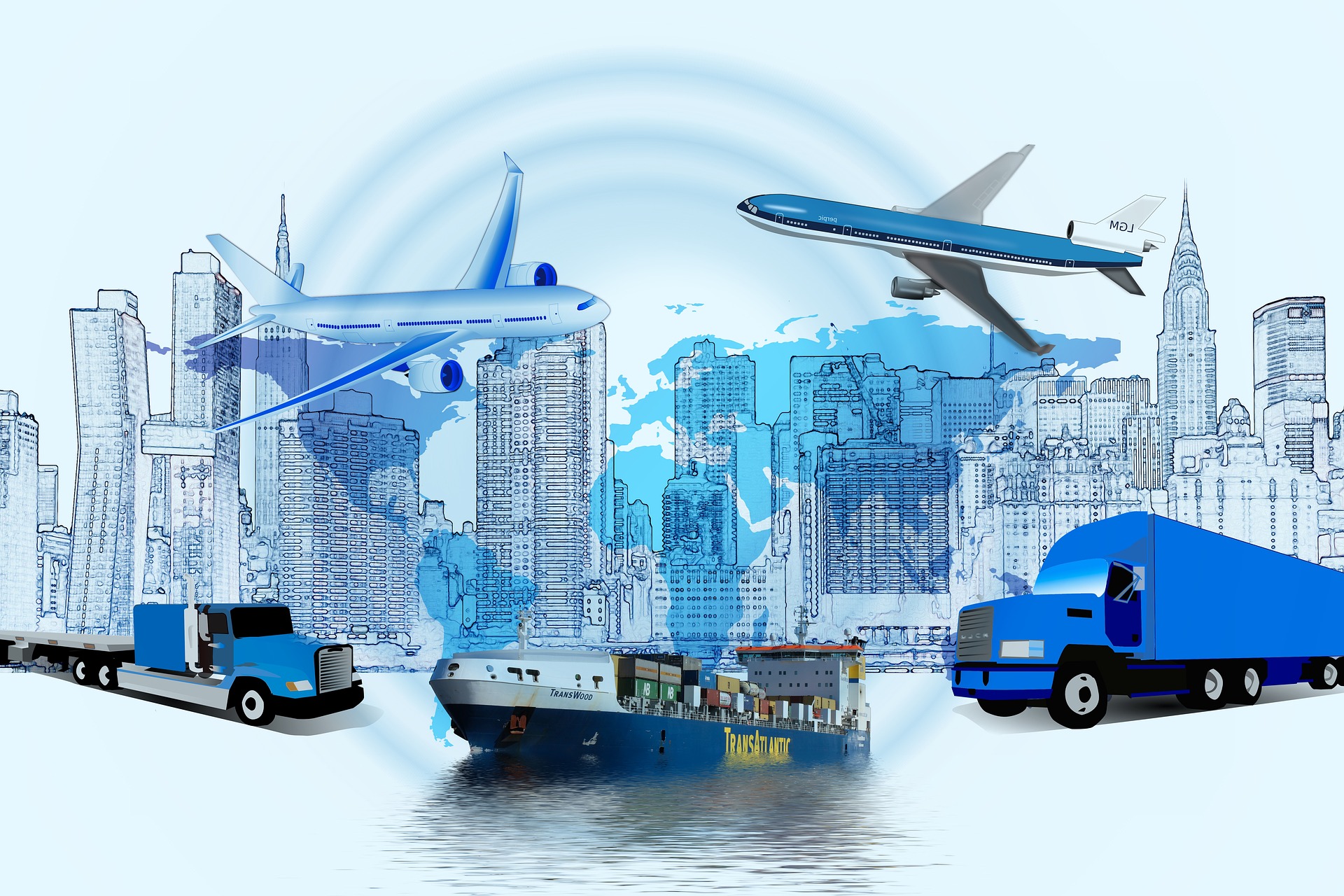Understanding Freight Services: Your Guide to Efficient Shipping and Logistics
Freight services play a crucial role in the global supply chain, facilitating the movement of goods across vast distances. Whether you're a business owner looking to transport products or an individual planning a long-distance move, understanding freight services is essential for efficient and cost-effective shipping. This comprehensive guide will explore the various aspects of freight services, their importance in modern logistics, and how they impact the transportation industry.

How do different modes of freight transportation compare?
Freight transportation comes in various forms, each with its own advantages and considerations:
-
Road Freight: Trucks are versatile and can reach most destinations directly. They’re ideal for short to medium distances and offer door-to-door delivery.
-
Air Freight: The fastest option for long-distance or international shipping, particularly suitable for high-value or time-sensitive goods.
-
Sea Freight: Most cost-effective for large volumes over long distances, especially for international shipping. It’s slower but can handle massive quantities.
-
Rail Freight: Efficient for long-distance, high-volume shipments within continents. It’s more environmentally friendly than road transport for large loads.
-
Intermodal Freight: Combines multiple modes of transportation, optimizing efficiency and cost-effectiveness for complex shipping routes.
What role does logistics play in freight services?
Logistics is the backbone of efficient freight services. It involves planning, implementing, and controlling the movement and storage of goods from the point of origin to the point of consumption. Key aspects of logistics in freight services include:
-
Inventory Management: Ensuring the right products are available at the right time and place.
-
Warehousing: Storing goods efficiently and securely between transport legs.
-
Order Fulfillment: Processing and delivering orders accurately and on time.
-
Transportation Management: Selecting the most appropriate mode of transport and optimizing routes.
-
Supply Chain Visibility: Tracking shipments and providing real-time updates to stakeholders.
How do freight services impact the global supply chain?
Freight services are integral to the global supply chain, influencing how businesses operate and compete internationally. They enable:
-
Global Sourcing: Companies can source materials and products from anywhere in the world.
-
Just-in-Time Manufacturing: Efficient freight services allow businesses to minimize inventory and reduce costs.
-
E-commerce Growth: Fast and reliable shipping is crucial for online retail success.
-
Market Expansion: Businesses can reach new markets and customers across borders.
-
Economic Development: Efficient freight services contribute to regional and national economic growth.
What are the latest trends in freight and shipping technology?
The freight industry is continuously evolving, with technology playing a significant role in improving efficiency and sustainability:
-
Artificial Intelligence and Machine Learning: Optimizing routes, predicting demand, and improving operational efficiency.
-
Internet of Things (IoT): Enhancing tracking and monitoring of shipments and fleet management.
-
Blockchain: Improving transparency and security in supply chain transactions.
-
Autonomous Vehicles: Development of self-driving trucks and drones for last-mile delivery.
-
Green Technologies: Adoption of electric and alternative fuel vehicles to reduce carbon footprint.
How can businesses choose the right freight service provider?
Selecting the appropriate freight service provider is crucial for businesses to maintain efficient operations and customer satisfaction. Consider the following factors:
-
Service Coverage: Ensure the provider can handle your specific shipping needs and destinations.
-
Reliability: Look for providers with a track record of on-time deliveries and minimal damages.
-
Technology Integration: Choose providers offering advanced tracking and management systems.
-
Cost-Effectiveness: Compare rates, but also consider the total value of services offered.
-
Flexibility: Opt for providers that can adapt to your changing needs and handle various shipment sizes.
| Provider | Services Offered | Key Features/Benefits |
|---|---|---|
| FedEx Freight | LTL, FTL, Intermodal | Extensive network, advanced tracking |
| UPS Freight | LTL, FTL, Specialized | Integrated logistics solutions |
| DHL Global Forwarding | Air, Ocean, Road, Rail | Worldwide coverage, customs expertise |
| XPO Logistics | LTL, FTL, Last Mile | Technology-driven operations |
| C.H. Robinson | Multimodal transportation | Large carrier network, supply chain consulting |
The freight services industry is a complex and dynamic sector that plays a crucial role in global trade and commerce. As businesses continue to expand their reach and consumer expectations evolve, the demand for efficient, reliable, and innovative freight solutions will only grow. By understanding the various aspects of freight services, from transportation modes to logistics management and emerging technologies, businesses and individuals can make informed decisions to optimize their shipping needs and contribute to a more connected global economy.




